Essel’s Ashok Goel: Focus on non-oral care category to drive revenue at 15% CAGR
The Rs 2,554-crore Essel Propack, part of the Essel Group, is the largest manufacturer of laminated plastic tubes catering to the FMCG and pharma space. Employing over 2,700 people representing 25 different nationalities, Essel Propack functions through 21 state of the art facilities and in eleven countries, selling more than six billion tubes and continuing to grow every year. In this interview, company vice-chairman and MD, Ashok Goel, talks about company performance, non-oral care market and
22 Aug 2016 | By Rushikesh Aravkar
PrintWeek India (PWI): The company had reported subdued revenue growth in the fourth quarter of FY16, while for the whole fiscal year revenues contracted by 6%. Which of Essel’s territories has been affected? Africa, South Asia, India? Or Egypt and Middle- East due to obvious reasons?
Ashok Goel (AG): The divestment of flexible packaging business has resulted in some shrinkage of top line; the continuing business actually grew 2.8% y-o-y and 9.3% sequentially. Adjusted for sales price deflation on account of pass through of raw material price reduction, the quarter sales grew about 7.8%. The Europe and Americas posted robust underlying growth. The weak economy impacted the non-oral care sales in India. Also, off-take issues with large oral care customers impacted sales in China and Egypt.
PWI: During the Specialty Films and Flexible Packaging Global Conference, you spoke about a CAPEX of Rs 150 crore rupees (USD 22.6 million) annually on new projects and expansions and it is a continuous process. What type of projects in India does Essel have in mind?
AG: Our projects are on capacity expansion, improvement of technology, cost saving projects and strategic investments, all linked to our tubing business where we see a huge opportunity to grow with our innovative products and technological capability deployed globally.
PWI:What’s the update on the SHOT line? How many Essel factories have adopted it?
AG: We leverage our long manufacturing experience and knowhow in partnering with our equipment suppliers and jointly come up with programs to re-design and develop new models that will raise productivity and efficiencies, conserve energy, reduce footprint and improve new product capability. The SHOT line is one such innovation we have collaborated, which can produce up to 500 tubes per minute. It is an optimal solution for large volume SKUs, and we are deploying it in our larger operations such as India and US.
PWI: Globally Essel holds more than one-third share of the Oral Care market in terms of volume. Is there saturation in this segment? What about plastic tubes segment?
AG: Essel holds more than one-third share in the Oral care category which is almost all laminated tubes. Essel is the largest laminated tube manufacturer. The plastic tubes are a very small part of its manufacturing and are confined to India and Poland. Essel actually sees a huge opportunity to grow in the non-oral care category where it is still a small player, by offering laminated tubes as alternative and superior packaging format in place of plastic or aluminum tubes and in some cases as bottle replacement for the high-value-add categories such as beauty and cosmetics, pharma and food. The non oral care category represents over 22 billion tubes on top of the 14 billion oral care tubes. We expect this strategy to drive revenue at 15% CAGR for next few years.
PWI: How has the non-oral care market performed during 2015-16?
AG: As a percentage of our total revenue, non oral care accounted for 42% during FY16 compared to 41% in the previous year. Good progress was recorded in the EAP, Europe and Americas region. However, sluggish economic conditions in AMESA impacted the performance in AMESA. We expect to achieve the target of 50% revenues from non-oral care in the next couple of years.
PWI: Essel has aggressive expansion targets as it hopes to grow to USD 500 million in annual sales in several years, with overseas markets playing an important role. Which are the growth drivers in India?
AG: Our growth drivers are many – in the developing economies such as India, the increasing per capita consumption and penetration in both the oral and the non oral care categories will drive growth. In developed markets such as Europe and Americas, we gain share through replacing traditional packaging formats like plastic tubes, aluminum tubes and some bottles, in case of cosmetics, food and pharma products. Also, there are new sub categories growing fast in the developed markets such as AA, BB, CC creams, and hair colorants etc which use tube as packaging format and offer growth opportunity.
PWI: For the financial year ended 31st March 2015, Essel sold about 6.5 billion tubes; the revenues were at Rs 23.23 billion - a growth of 9.2 % over the previous year. What are the numbers for 2016?
AG: We do not give targets in number of tubes. Our target for future is revenue growth of 15% CAGR.


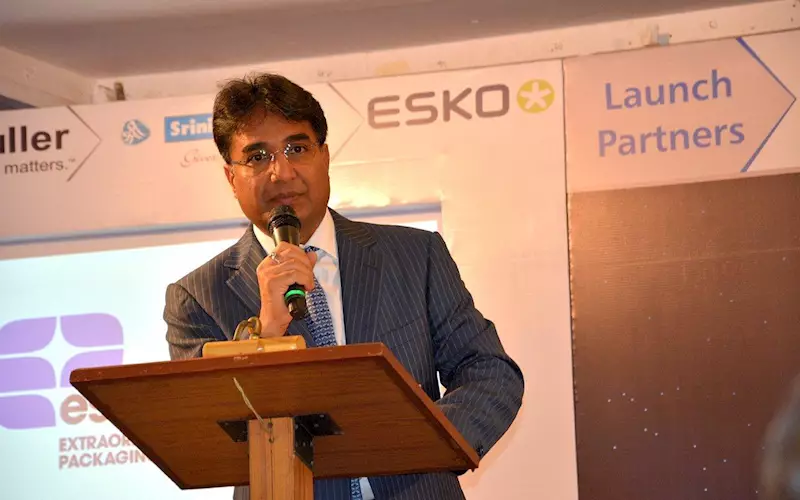
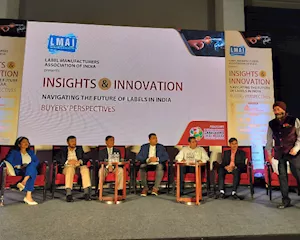
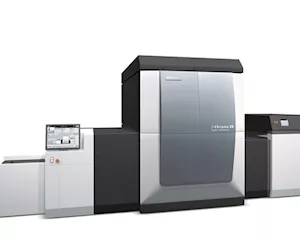
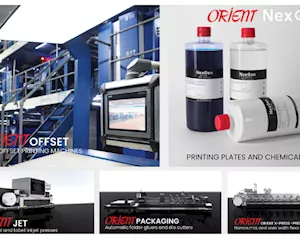
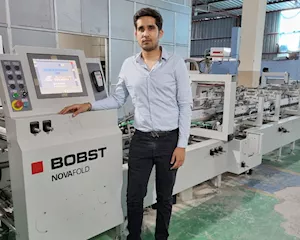
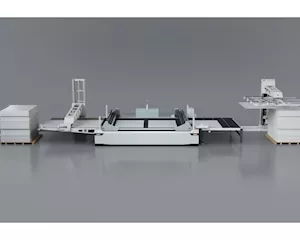






 See All
See All